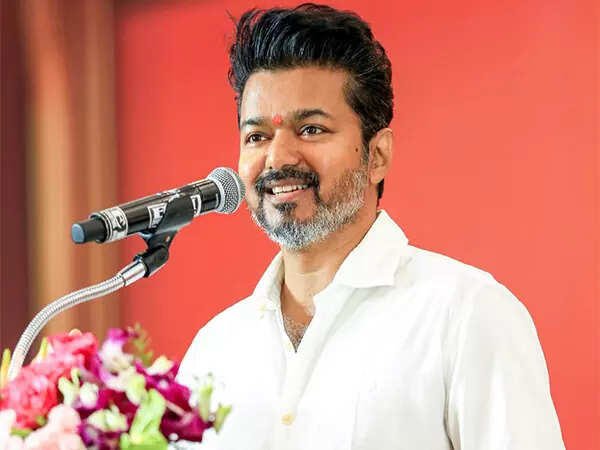Actor Vijay, a popular figure in Tamil cinema, has taken a significant legal step by challenging certain provisions of the Waqf Act in the Supreme Court of India. The legal move has sparked widespread debate, drawing attention to the intersection of personal rights, religious laws, and the broader legal framework of the Indian Constitution.
Background of the Case
The Waqf Act, passed in 1995, governs the administration of Waqf properties—properties that have been donated for religious or charitable purposes in Islam. The Act enables the establishment of the Waqf Board, which is responsible for overseeing the management and regulation of these properties, ensuring that the assets are used according to their intended religious purposes.
Vijay, who hails from a prominent family of philanthropists, has sought legal recourse against specific provisions of the Act that he claims infringe upon his rights as a citizen and property owner. The actor’s legal team argues that certain provisions of the Waqf Act grant extensive powers to the Waqf Board, which, in their view, disproportionately affect the personal and property rights of individuals and entities.
Key Legal Concerns Raised by Vijay
The main issue raised by Vijay concerns the expansive authority granted to the Waqf Board over properties that may not fall under its traditional scope. Specifically, the actor contends that the current interpretation of the Waqf Act gives the Board the power to arbitrarily seize or manage properties that do not meet the criteria of being Waqf assets, and this, he argues, encroaches upon the rights of lawful property owners.
Vijay’s legal team has pointed out that the Waqf Act lacks sufficient checks and balances to prevent misuse of power by the Board. They claim that properties belonging to individuals or entities could be taken over under questionable circumstances, even if there is no clear religious or charitable intent behind the donation of the property. This, they argue, is a violation of the constitutional principle of fairness and equity, which guarantees the protection of private property rights under Indian law.
The actor’s petition also touches on the issue of the autonomy of personal property ownership, particularly in cases where the property has been mistakenly or improperly categorized as a Waqf asset. Vijay’s team has called for a judicial review of the Waqf Act’s provisions, urging the Court to determine whether the powers vested in the Board violate individual freedoms as guaranteed by the Constitution.
Public and Legal Reactions
The case has generated significant media attention, with supporters and critics alike weighing in on the issue. Supporters of Vijay’s stance argue that the Waqf Act, while serving a noble purpose in regulating religious charitable assets, should not be allowed to encroach upon the private property rights of individuals. They suggest that proper mechanisms should be in place to ensure that the Waqf Board’s powers are limited and are exercised in a transparent and accountable manner.
On the other hand, critics argue that the Waqf Act is crucial for maintaining the integrity and proper management of religious properties, which have often been misused or poorly managed in the past. They believe that the Waqf Board’s oversight is necessary to ensure that these properties are used for their intended charitable and religious purposes. There are also concerns that granting too much leeway to individuals seeking to challenge the Act could undermine the very purpose for which the Waqf properties were established.
Legal experts have pointed out that the case could set a precedent for future challenges to religious and charitable laws in India. If Vijay’s petition is upheld, it could trigger a broader reassessment of similar laws that govern the administration of religious and charitable institutions, affecting a wide range of such organizations across the country.
Supreme Court’s Role
The Supreme Court’s decision on this matter will be crucial in determining the balance between individual rights and the state’s role in regulating religious and charitable assets. Given the sensitivity of the issue and its potential to affect a wide spectrum of religious communities, the Court is likely to take a careful and nuanced approach in examining the constitutional implications of the Waqf Act.
The legal battle also reflects the increasing tendency of individuals, including public figures like Vijay, to engage with complex legal issues that intersect with religious laws and civil liberties. As the case progresses, it will be important to watch how the Court interprets the Act in the context of evolving societal norms and constitutional principles.
Vijay’s move to challenge the Waqf Act has brought attention to a broader conversation about the regulation of religious properties and the protection of individual rights in India. As the case unfolds, it will not only have implications for the actor but could also set important legal precedents for the future of religious and charitable governance in the country. The outcome of this case will likely influence the way similar laws are applied in India, ensuring that the balance between individual freedoms and religious practices is carefully maintained.
With the legal proceedings underway, all eyes will be on the Supreme Court’s judgment, which could have far-reaching consequences for the future of property rights in India, especially as they pertain to religious and charitable assets.

